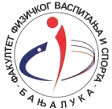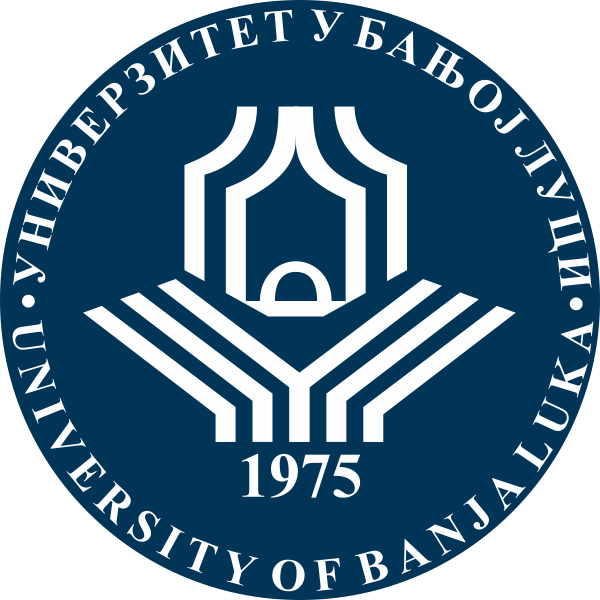| "As a process of planning, organizing, managing, coordination and control, or management theory, management has its place and importance in the study and development of the national sports system, as well as in managing programmes for participation in a mega sports event such as the Olympic Games (the aim of the study). Analyzing the Olympic programme implemented by the Olympic Committee of Serbia (OCS), their instrumentalized value and impact on the sports system have been determined, knowledge about the process and experiences relevant to the management of Serbian athletes participating in the Olympic Games preparation (the aim of the study) have been acquired..." |
 Faculty of Physical Education and Sports,
Faculty of Physical Education and Sports, University Banja Luka
University Banja Luka